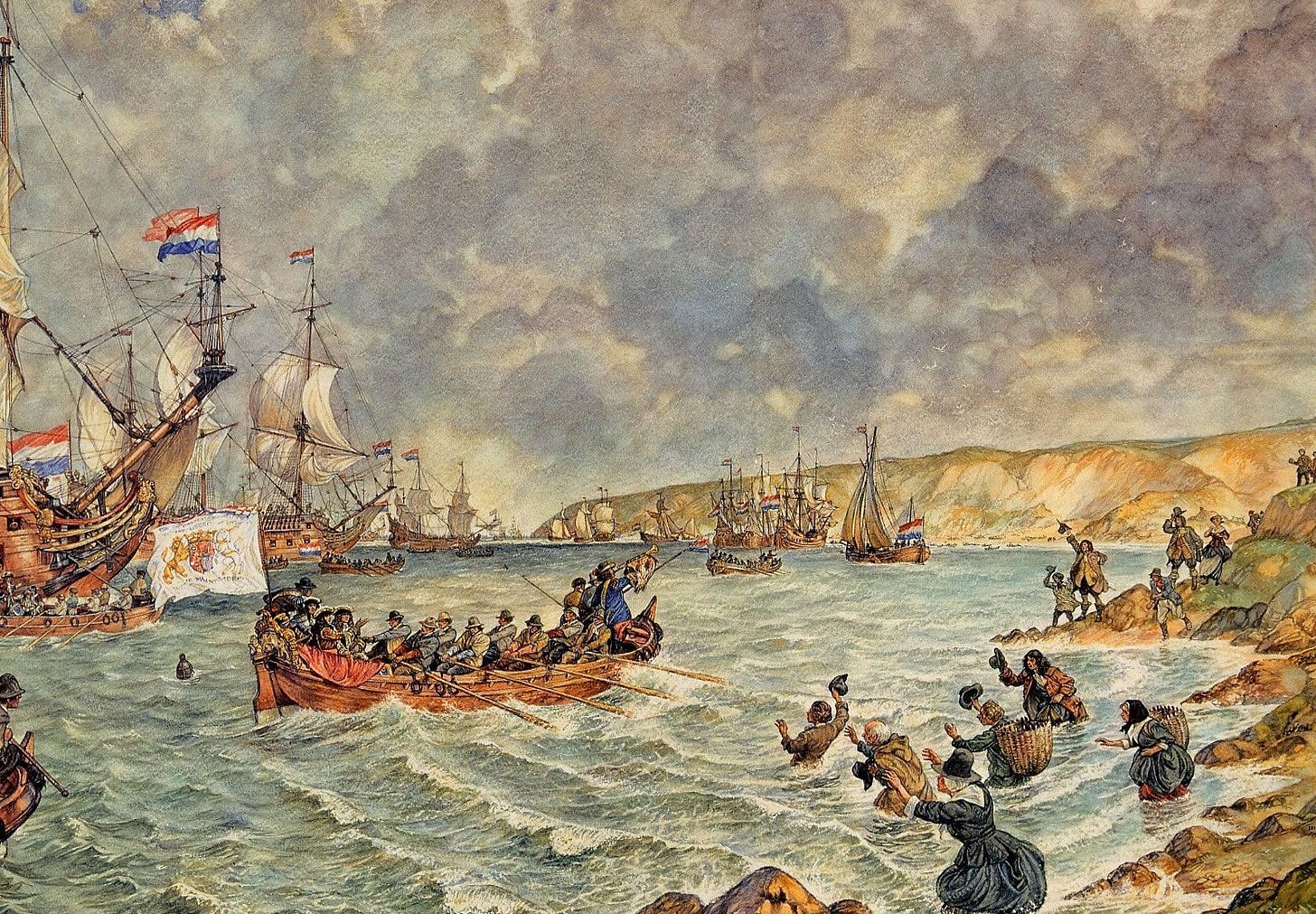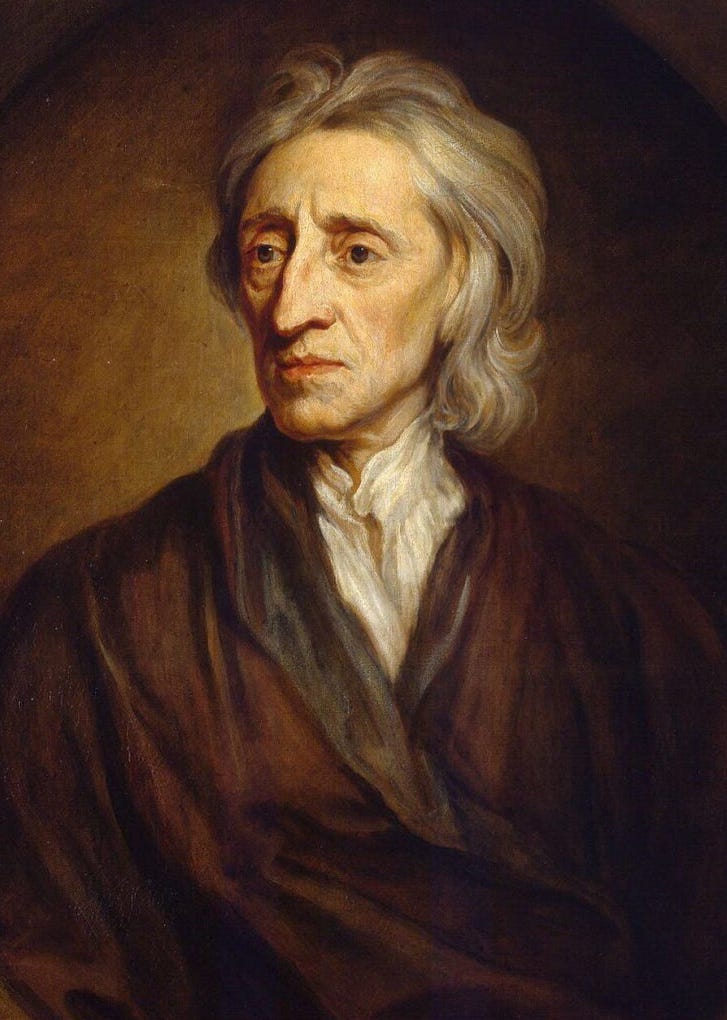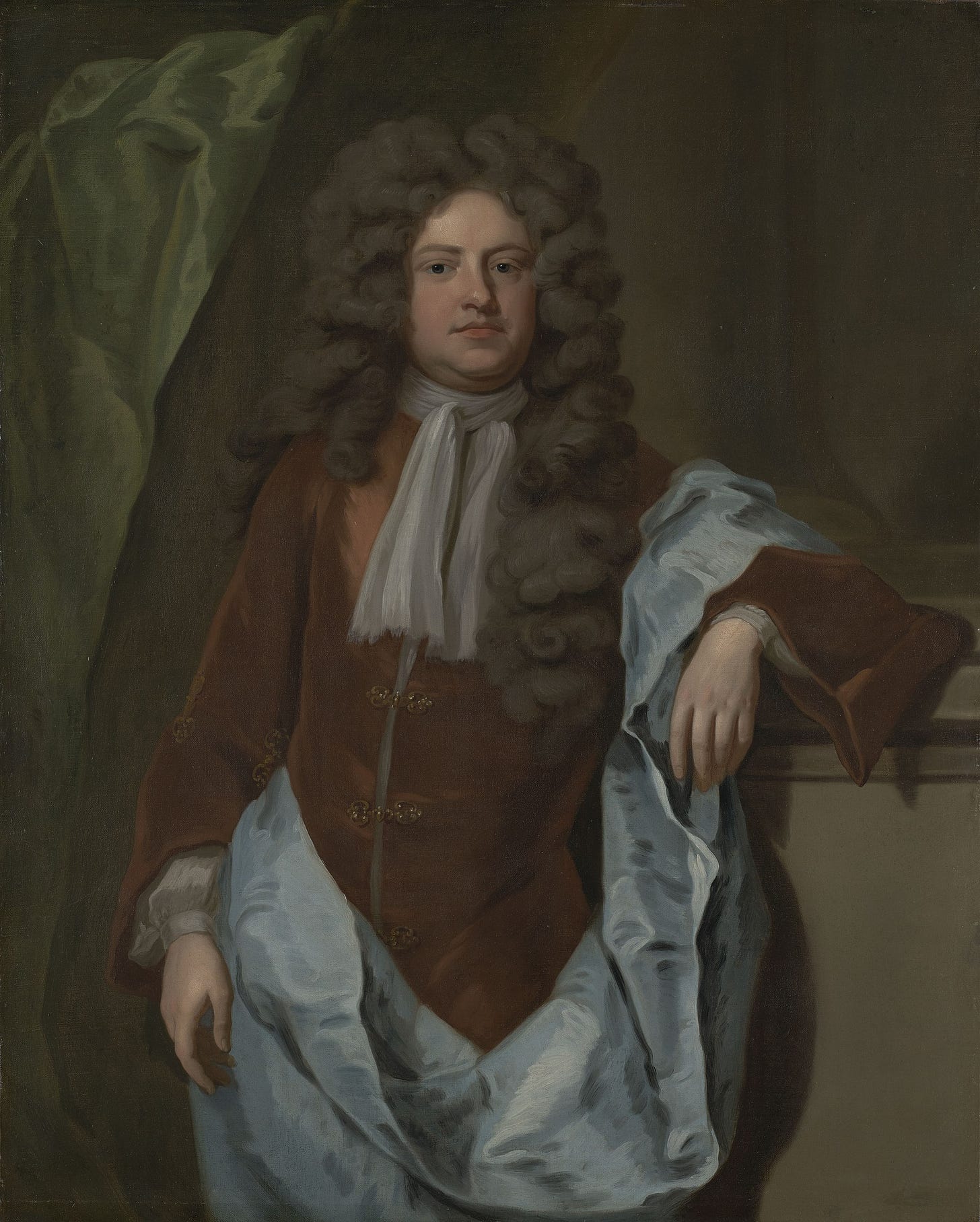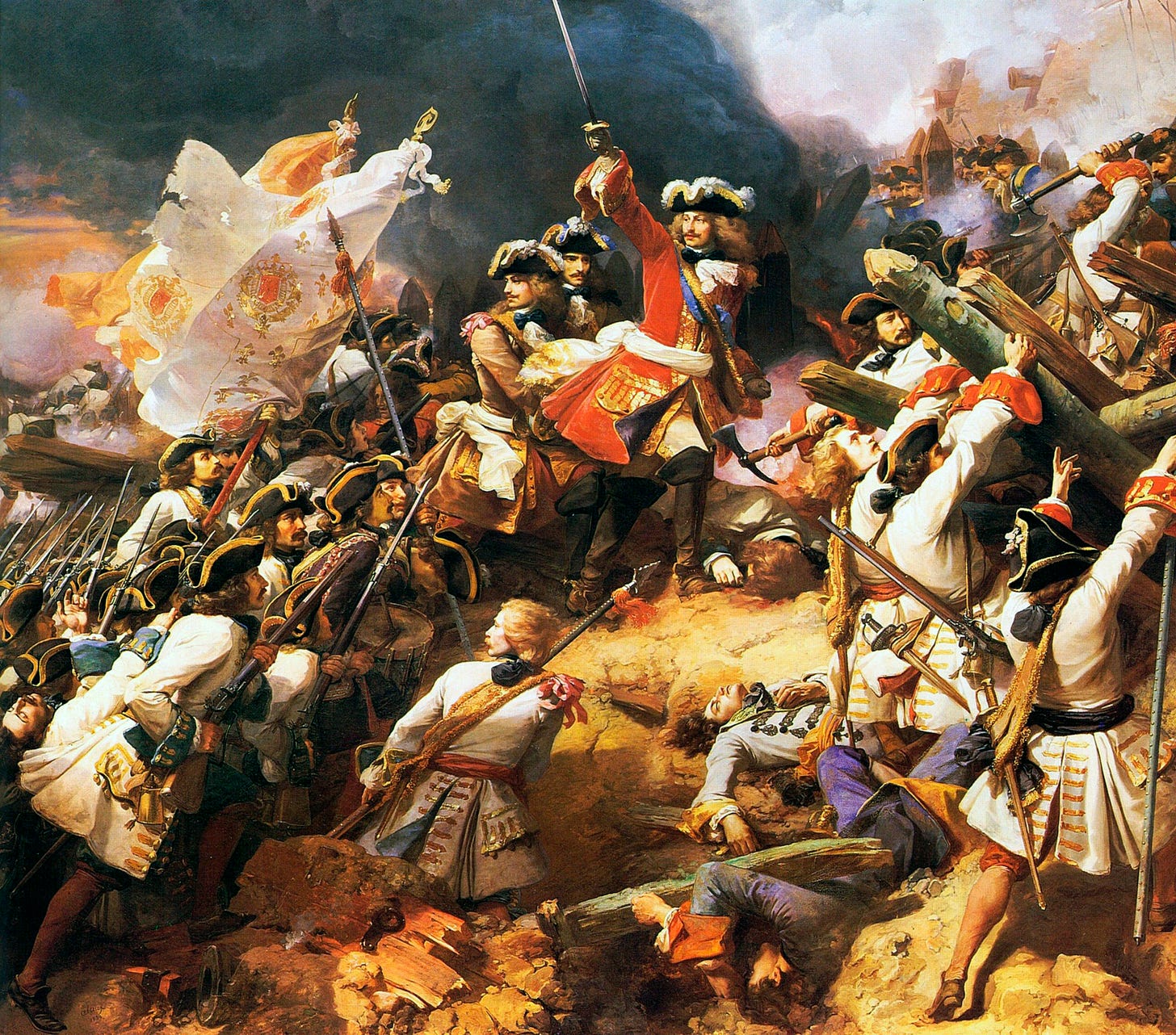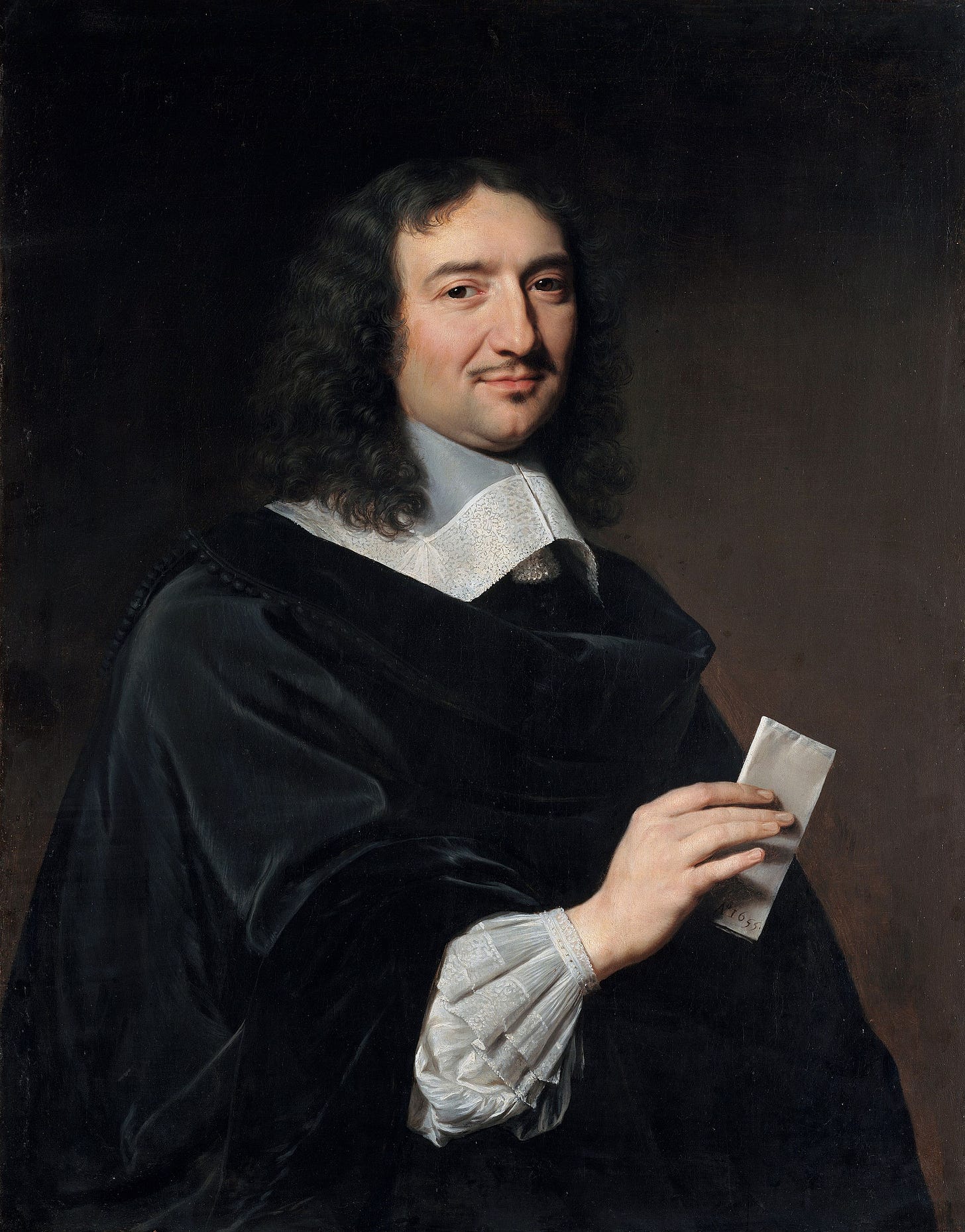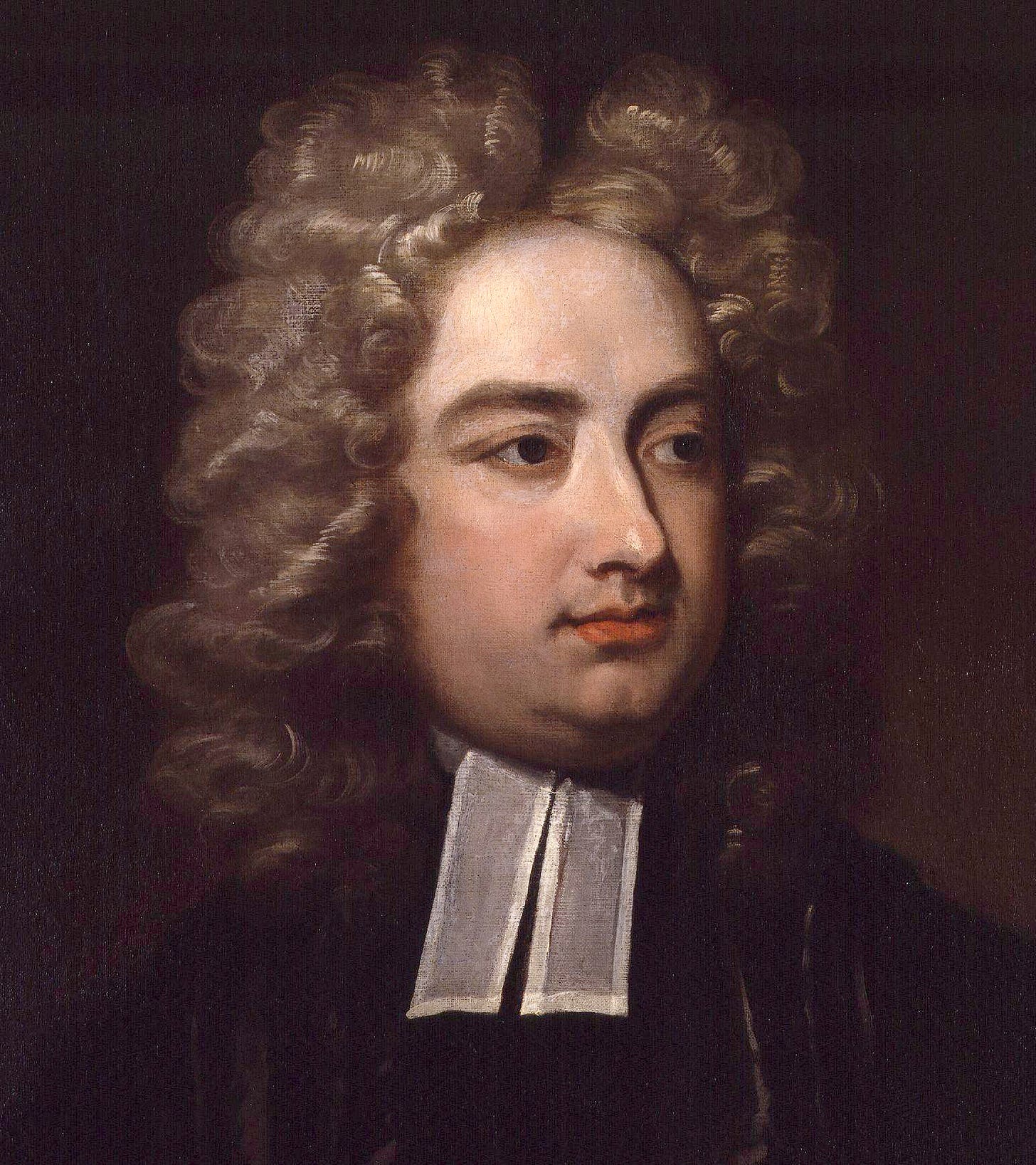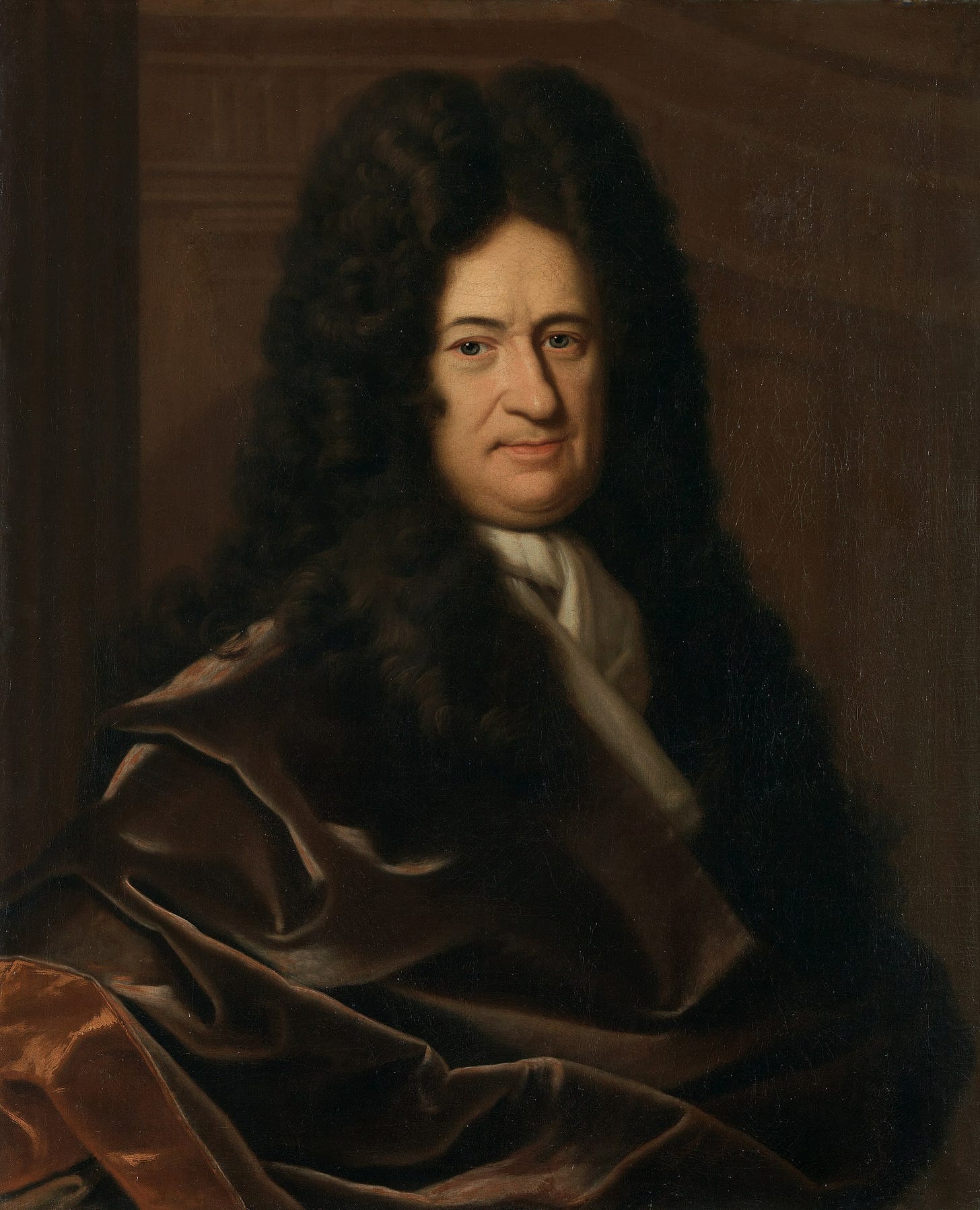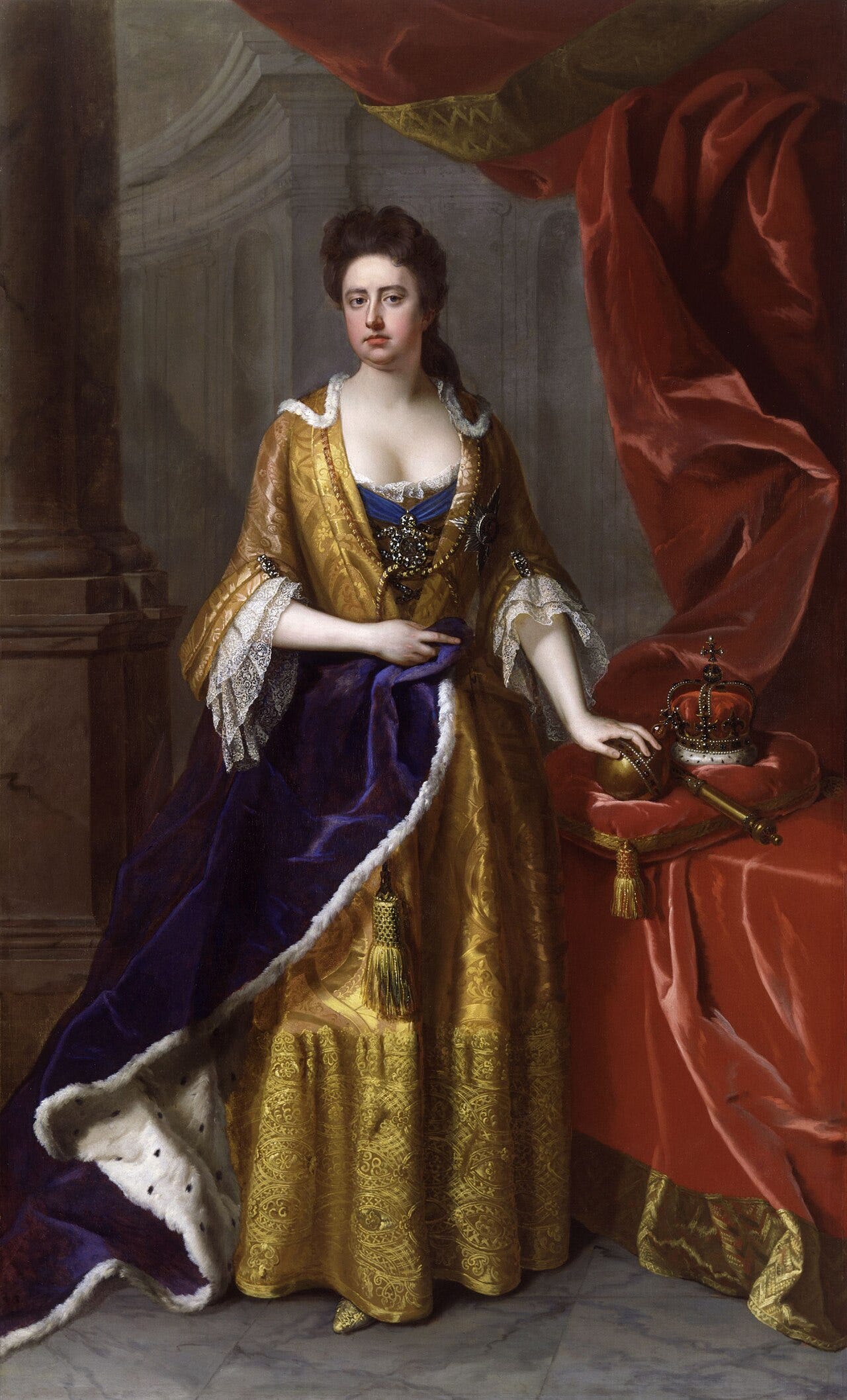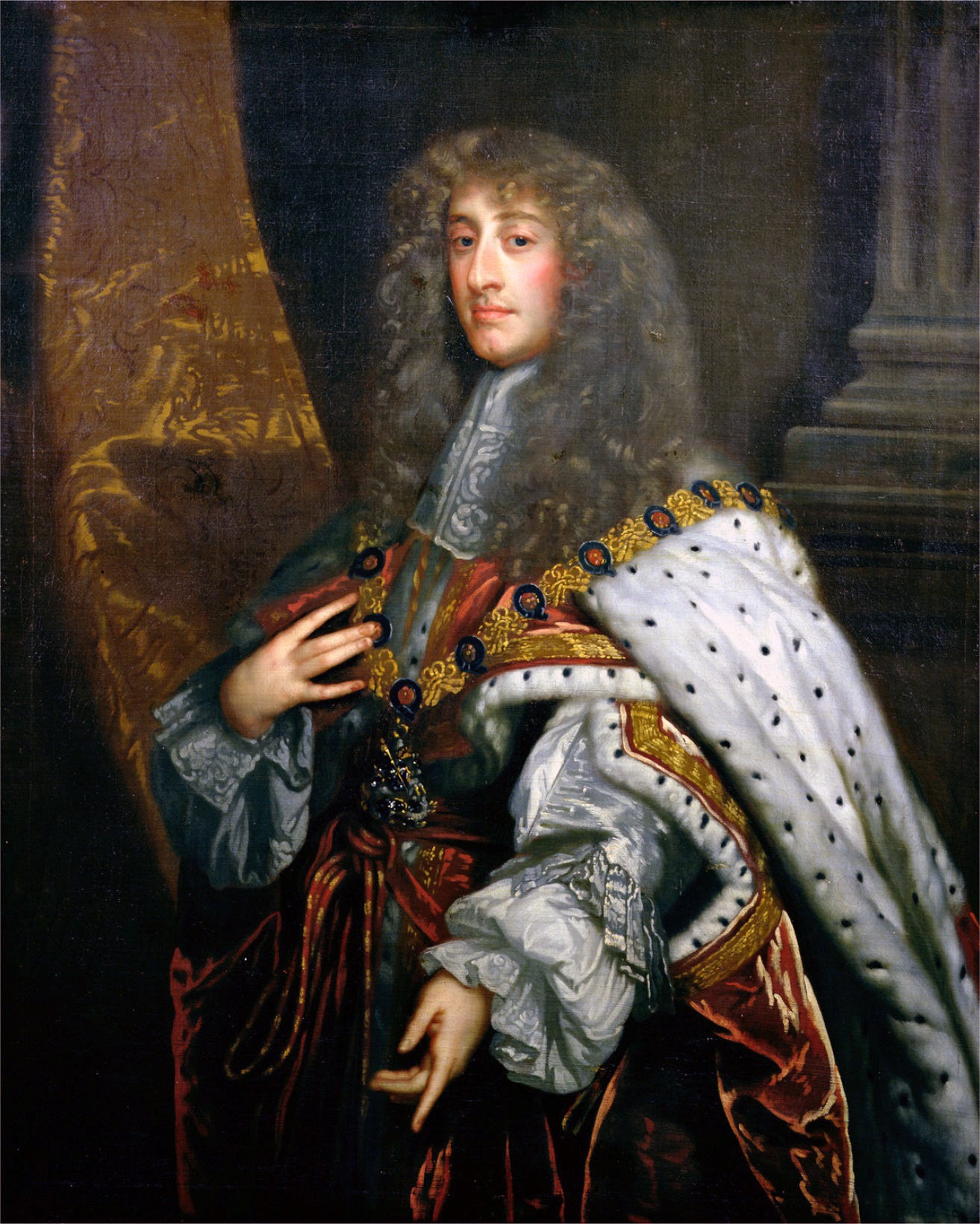Introduction
In this 1994 lecture, “Palmerston’s Zoo - How The Venetian Virus Infected and Took Over England," H. Graham Lowry provides a detailed historical narrative of how the political and financial systems of England were influenced by Venetian ideas, particularly through the Glorious Revolution of 1688, the subsequent rise of William of Orange, and the establishment of institutions like the Bank of England. The text explores how Venice’s oligarchic financial practices, as well as the philosophical ideas of thinkers like John Locke, contributed to the creation of systems of governance that prioritized imperialism and financial speculation over national prosperity and independence.
Summary
🏰 How the Venetian Virus Infected and Took Over England
In this detailed exploration, the video traces how Venice’s financial and political systems were introduced into England through William of Orange’s rise to power in 1688, leading to the eventual control of England’s institutions by Venetian interests. The narrative delves into significant historical events, influential figures, and the broader impact of these developments on England and its colonies.
🛡️ The Glorious Revolution: William of Orange’s Takeover
In December 1688, the armies of Dutch Prince William of Orange invaded England, overthrowing the reign of King James II. This event, called the “Glorious Revolution,” allowed Venice to solidify its influence over England. The arrival of William marked the imposition of a new financial and political order directly influenced by Venice. The video emphasizes that the revolution was a direct usurpation of English sovereignty. William demanded to be declared king, bypassing Parliament and establishing a dictatorship that favored Venetian-style governance. 00:00:07
£ John Locke and the Bank of England
William’s reign also brought with it Venetian associates like John Locke, who played a pivotal role in justifying this new form of governance. Locke is portrayed as the intellectual force behind the establishment of the Bank of England in 1694. The Bank was not merely a financial institution but a Venetian swindle designed to create England’s first national debt. Locke’s theory that the human mind is a passive “tabula rasa” complemented this system, reducing human liberty to the pursuit of property. Locke also defended usury, further entrenching the financial mechanisms that prioritized wealth for the elite at the expense of the nation. 00:01:46
💰 The Creation of the Bank of England: Venice’s Economic Control
The establishment of the Bank of England in 1694 marked a critical moment in England’s history. It was structured as a gargantuan Venetian financial operation that imposed taxes, cut English coinage circulation, and drove the country into national debt to fund continuous wars in Europe. This financial system crippled England’s economy, making it dependent on Venetian control. Charles Montague, the Chancellor of the Exchequer, was a key figure in executing this plan, demonstrating how Venice used its agents to steer England’s economy to further its imperial interests. 00:03:53
⚔️ Venetian Strategy in the War of the Spanish Succession
In 1701, England launched a decade-long war against France, known as the War of the Spanish Succession. The conflict was orchestrated by the Venetian-controlled English government to undermine France’s growing power. The video explains how Venice, through its agents in England, sought to weaken France, which had become the most economically productive nation in Europe under Jean-Baptiste Colbert’s leadership. This war, which drained English resources, benefited only Venice’s broader strategic aims of controlling European trade and limiting rival powers. 00:12:10
📜 Venice’s Control over the American Colonies
Venetian influence extended beyond Europe and into the American colonies. In 1701, John Locke, as a member of England’s Board of Trade, advocated for revoking the colonies’ independent charters and placing their economic activities under royal dictatorship. Locke also supported banning the manufacture of finished goods in the colonies, ensuring they remained dependent on English imports and could not develop economically. This was part of a broader Venetian strategy to control global trade and suppress any movement toward independence in the colonies. 00:07:28
⚡ Jonathan Swift’s Resistance to the Venetian Party
Jonathan Swift emerged as a formidable opponent to the Venetian-controlled regime. He directed a cultural and political campaign against the Venetian faction that dominated Queen Anne’s government. Swift’s sharp political writing successfully undermined key Venetian figures in power, helping to dismantle their hold on England’s government between 1710-1711. Swift’s efforts, along with those of Gottfried Wilhelm Leibniz, inspired the development of republican ideals that would later influence the American colonies. 00:11:50
👑 The Death of Queen Anne and the Return of Venetian Control
Queen Anne’s death in 1714 signaled a turning point for England. The video states that Anne was likely poisoned by Venetian agents to prevent her from shifting power away from Venice. Her death cleared the path for George I of Hanover, who was aligned with Venetian interests, to take the throne. This marked the return of full Venetian control over England’s political and financial systems, ending a brief period of republican resistance. 00:15:05
🔥 The Hellfire Club: Symbol of Venice’s Corruption
The Hellfire Club, a secret society that flourished in the 18th century, is highlighted as a symbol of Venice’s moral and financial corruption of England. The club’s members, including prominent political leaders, engaged in hedonistic and corrupt activities. Their involvement in the country’s governance exemplified the moral decay introduced under Venetian influence, leading to financial disasters such as the South Sea Bubble collapse in 1720. This event caused widespread ruin in England and illustrated the destructive consequences of Venetian financial practices. 00:17:39
📚 Legacy of Leibniz and Swift: Foundations of American Republicanism
The video concludes by emphasizing the lasting influence of Leibniz and Swift in shaping republican ideals, particularly in the American colonies. Leibniz’s philosophy of happiness and benevolence, coupled with Swift’s political activism, laid the groundwork for the American Revolution. These ideas, particularly the concept of pursuing happiness as a central human right, directly opposed the imperial ambitions of Venice. Benjamin Franklin and other American revolutionaries were profoundly influenced by these writings, which advocated for a republican vision of governance centered on liberty, happiness, and independence. 00:18:53
🌍 Conclusion: The Spread of Venetian Imperialism
The takeover of England by Venetian forces had long-lasting repercussions. Venice’s imperial system, based on financial speculation, war, and moral corruption, was exported to England and later the American colonies. The video details how Venice succeeded in embedding its oligarchic principles into England’s political structure, ensuring that the country’s financial elite profited at the expense of the broader population. Despite the efforts of figures like Jonathan Swift and Leibniz, Venice maintained control over England’s institutions well into the 18th century, contributing to a global system of imperial dominance that would shape future world events. 00:19:30
FAQ
1. How did William of Orange come to power in England?
In December 1688, William of Orange invaded England, overthrowing King James II. This event, known as the Glorious Revolution, marked the beginning of Venice’s strong influence over England. William’s rise to the throne was not through parliamentary procedures but through the manipulation of a special convention that granted him full power. William embodied a more refined form of Venetian political and financial control, effectively replacing the English monarchy with a system of governance that prioritized the interests of the Venetian oligarchy. 00:00:07
2. How did Venice influence England’s political and financial systems?
Venice implemented a system of governance and finance that significantly altered England’s political landscape. This influence reached its peak with the establishment of the Bank of England in 1694. The Bank was designed as a Venetian-style financial institution that immediately saddled England with national debt, allowing Venice to continue its wars of attrition in Europe. Venice’s oligarchs, through figures like Charles Montague and John Locke, created a system that imposed taxes, cut the circulating currency in half, and drained the English economy for the sake of financing wars. The establishment of this financial system ensured the continuous flow of wealth to Venice, while leaving England struggling under a system designed for perpetual debt. 00:01:46
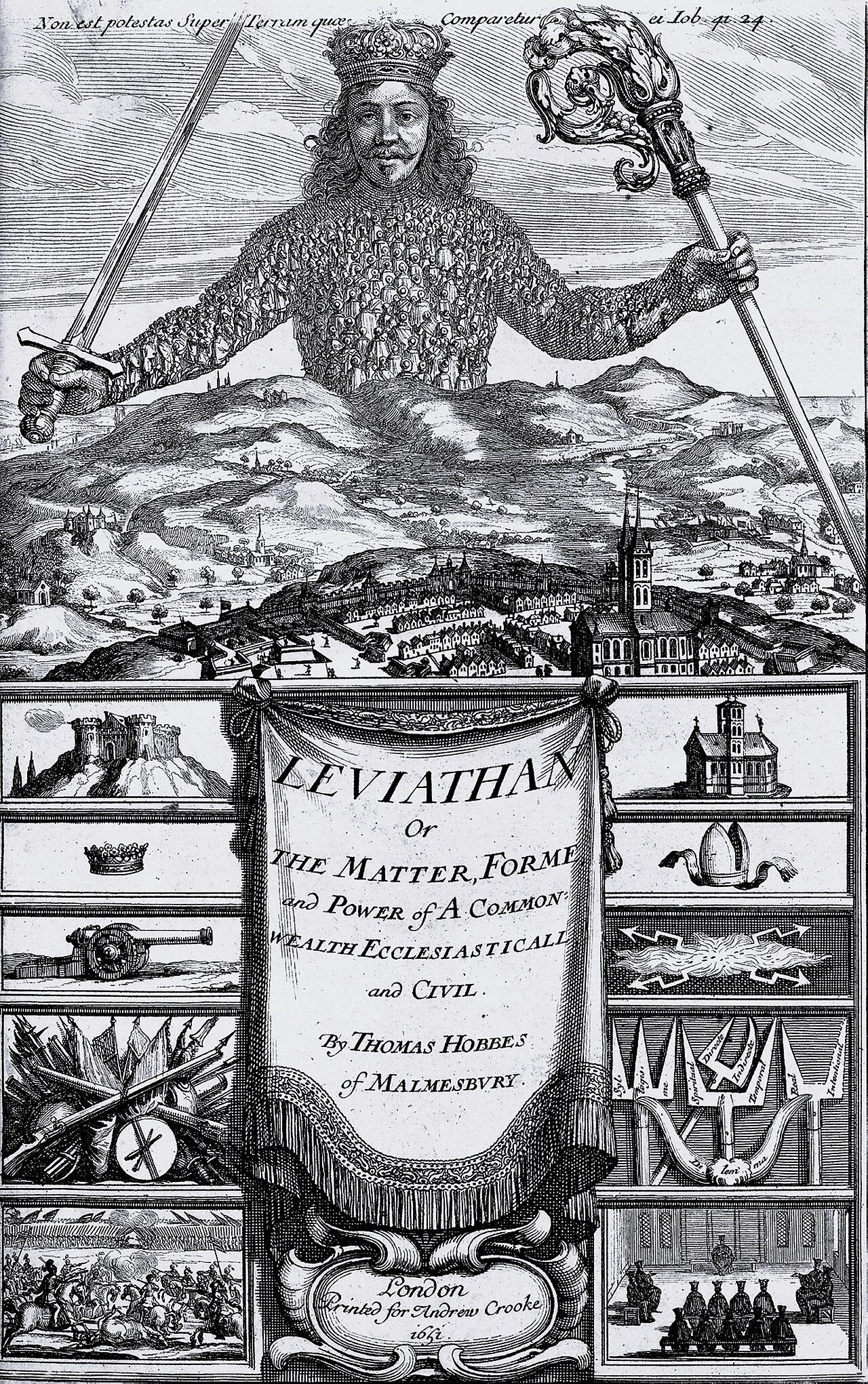
3. What role did John Locke play in this Venetian takeover?
John Locke served as a propagandist for the Venetian system in England. His association with the Venetian party positioned him as the intellectual force behind the establishment of the Bank of England. Locke’s theories on governance and property reduced the concept of liberty to the pursuit of wealth, aligning with the Venetian oligarchs’ agenda. Locke advanced the notion that the English monarchy under James II had violated the rights of its subjects, particularly its more speculative elites, justifying William of Orange’s seizure of power. Locke’s ideas on the “social contract” were used to support the financial and political framework that favored the Venetian oligarchy over the interests of the broader English population. 00:01:37
4. How did the Bank of England impact the English economy?
The establishment of the Bank of England in 1694 marked a turning point in England’s economic history. The Bank was designed not to provide financial assistance but to create a massive national debt that would support ongoing wars in Europe. Its creation led to a severe economic crisis in England, including a drastic reduction in the amount of circulating currency and the imposition of new taxes on an already collapsing economy. This financial institution, led by Venetian interests, was built to benefit the ruling elite at the expense of the broader population. Figures like Charles Montague and John Locke played central roles in this economic transformation, ensuring that England’s financial system aligned with Venice’s imperial goals. 00:03:53
5. How did figures like Jonathan Swift and Gottfried Wilhelm Leibniz resist Venetian control?
Jonathan Swift and Gottfried Wilhelm Leibniz led a powerful intellectual and political opposition to the Venetian takeover of England. They advocated for republican ideals and the pursuit of happiness, which stood in direct contrast to the imperial and oligarchical vision imposed by the Venetians. Swift’s writings targeted figures like Isaac Newton and John Locke, whom he saw as proponents of a degraded view of human nature, reducing man to a mere beast. Swift’s efforts culminated in the weakening of Venetian influence over Queen Anne’s government, although the Venetian party retained significant control. Leibniz’s philosophy, particularly his conception of happiness and benevolence, laid the intellectual groundwork for future republican movements, including the American Revolution. 00:04:43
6. How did Venice’s influence extend to the American colonies?
Venice’s imperial ambitions were not limited to England; they extended to the American colonies. In 1701, John Locke, as a member of the English Board of Trade, proposed revoking the independent charters of the American colonies and placing their economic activities under royal control. Locke also advocated for banning the manufacture of finished goods in the colonies, ensuring that the colonies remained dependent on English imports and could not develop independent economic systems. This suppression of colonial independence was part of a broader Venetian strategy to control the global economy and prevent the rise of any nation-state that could challenge Venice’s imperial interests. 00:07:28
7. What role did secret societies like the Hellfire Club play in England during this period?
Secret societies, particularly the Hellfire Club, played a significant role in promoting the corruption and hedonism that characterized Venetian control of England. By the early 18th century, these societies became entrenched in British elite circles, with many political leaders and members of the aristocracy participating in their activities. The Hellfire Club symbolized the moral and financial degradation of English society under Venetian influence, as its members engaged in corruption, vice, and financial speculation. This environment of moral decay contributed to the financial collapse of the South Sea Bubble in 1720, a massive economic disaster that exemplified the instability caused by Venetian financial practices. 00:14:47
8. How did Jonathan Swift dismantle Venetian control over Queen Anne’s cabinet?
Jonathan Swift led a campaign against the Venetian oligarchy that controlled Queen Anne’s cabinet. Swift’s sharp political writings and his influence within the Queen’s inner circle helped to break the Venetian party’s dominance in government. By 1710-1711, Swift had succeeded in driving key Venetian figures, including the Duke of Marlborough, out of office. This victory, however, was short-lived, as the Venetian faction regained control after Queen Anne’s death in 1714. Nevertheless, Swift’s efforts contributed to the spread of republican ideals and the eventual founding of the American Republic, which embraced principles that stood in direct opposition to Venetian imperialism. 00:16:00
9. How did Venice’s influence shape British imperialism and its wars?
Venice’s control over England steered the country toward a policy of imperialism, waging wars that aligned with Venice’s broader geopolitical objectives. The Duke of Marlborough, a key figure in Venice’s strategy, led England into wars such as the War of the Spanish Succession, which lasted over a decade and caused widespread destruction in Europe. Venice aimed to weaken France, which at the time was the leading economic power in Europe, under the leadership of Jean-Baptiste Colbert. These wars were not fought for England’s benefit but to further Venice’s imperial ambitions and maintain its dominance over European trade and politics. 00:10:57
10. How did Venetian policies impact the British population?
The Venetian control of England had devastating effects on the British population, particularly in terms of economic hardship and population decline. Between 1738 and 1758, the birth rate in England significantly decreased, with only 297,000 births recorded compared to 486,000 deaths. This demographic decline reflected the broader economic instability caused by Venetian financial policies, which prioritized war and imperial expansion over the welfare of the English people. Figures like Robert Walpole, a key proponent of Venetian-style corruption, famously remarked, “Every man has his price,” symbolizing the moral degradation of the British elite during this period. 00:17:39
11. How did the Venetian takeover influence the rise of republicanism in America?
The intellectual resistance to Venetian control, led by figures like Jonathan Swift and Gottfried Wilhelm Leibniz, played a crucial role in the development of republican ideals in America. These ideas, particularly the pursuit of happiness and the rejection of imperial domination, were instrumental in shaping the American Revolution. Leibniz’s philosophy of benevolence and Swift’s fierce opposition to Venetian oligarchy laid the foundation for the republican principles that would later be embraced by leaders like Benjamin Franklin. Franklin himself acknowledged the influence of these thinkers, particularly Cotton Mather’s writings, in shaping his vision for a free and independent America. 00:18:53
Quotes
People
William of Orange - William of Orange invaded England in 1688, deposing King James II and taking over the throne. His ascent marked the beginning of Venice’s control over England’s political and financial systems. William’s rule was not a result of parliamentary decision but through a special convention that granted him full power. His reign brought with it a deeper form of Venetian political and financial manipulation. He played a central role in establishing a regime that prioritized Venetian interests over English sovereignty. 00:00:07
King James II - King James II, the rightful monarch of England, was deposed by William of Orange in 1688. James fled to France after William’s invasion, marking the end of his reign. His removal from the throne was a significant event that allowed Venice to solidify its control over England. 00:00:27
Mary II - Mary, the eldest daughter of King James II, was the rightful successor to the throne after her father’s departure. She was married to William of Orange, reluctantly, as William was a notorious homosexual. William used his marriage to Mary as a means of legitimizing his rule, though he demanded to be declared king rather than merely consort to the queen. 00:01:14
John Locke - John Locke was a key propagandist for the Venetian takeover of England. He was instrumental in promoting the creation of the Bank of England in 1694, which led to England’s first national debt. Locke’s philosophical ideas aligned with Venetian interests, reducing human liberty to the pursuit of property. His theories on governance and liberty served to justify the Venetian oligarchy’s control of England, masking financial exploitation as freedom. Locke’s notion of the social contract was used to defend William of Orange’s seizure of power. 00:02:00
Charles Montague - Charles Montague, the Chancellor of the Exchequer, was the chief architect of the Bank of England. His role in Venice’s control of England was central to implementing the economic policies that created the nation’s first national debt. He later became British Ambassador, further extending Venetian influence over English governance. 00:04:50
Sir Isaac Newton - Sir Isaac Newton was appointed to oversee the recoinage process during the Venetian regime. He played a part in the financial manipulation orchestrated by the Venetian faction, and he is portrayed as a figure who contributed to the recoinage swindle by prostituting his niece to serve Charles Montague. Newton was also falsely credited with the invention of differential calculus, which was actually Leibniz’s work. 00:05:32
Gottfried Wilhelm Leibniz - Leibniz was a key figure in opposing the Venetian faction. He advocated for the higher purpose of humanity and universal benevolence. His work laid the foundation for the American Republic’s later embrace of happiness as a central tenet of liberty. Leibniz’s ideas countered the Venetian degradation of human life and were instrumental in developing a philosophy that inspired republican ideals. He actively resisted Venetian control and collaborated with Jonathan Swift in promoting republicanism. 00:08:32
Jonathan Swift - Jonathan Swift was a leading figure in the opposition to Venetian control in England. He directed a cultural and political onslaught against the Venetian party, targeting figures like John Locke and Isaac Newton. Swift successfully undermined Venetian influence within Queen Anne’s cabinet and supported republican ideals, which later influenced the American colonies. He was a strong advocate for the pursuit of happiness and worked to dismantle the dominance of the Venetian oligarchy in English politics. 00:09:21
Duke of Marlborough (John Churchill) - The Duke of Marlborough, John Churchill, was deeply embedded in the Venetian faction. He was a military and political leader who played a key role in advancing Venetian imperial objectives, particularly during the War of the Spanish Succession. Marlborough’s loyalty to Venetian interests contributed to the wars and conflicts that drained England’s economy, while Venice reaped the benefits of these military campaigns. 00:12:10
Sophie of Hanover - Sophie, granddaughter of King James I, was designated as the successor to Queen Anne after a succession crisis. She was an ally of Leibniz and represented a potential threat to the Venetian faction. However, her death in 1714, shortly before she could take the throne, marked the end of this threat, paving the way for George I’s reign, who was closely aligned with the Venetian party. 00:13:55
George I - George I became the king of Great Britain after the death of Queen Anne. His reign was marked by the resurgence of the Venetian faction’s control over England. George was heavily influenced by the Duke of Marlborough and other members of the Venetian party, and his rule further cemented Venice’s grip on England’s political and financial systems. 00:14:45
Queen Anne - Queen Anne’s reign saw significant political struggles between the Venetian faction and those opposing it, like Jonathan Swift. Although initially influenced by the Venetian party, Queen Anne gradually distanced herself from their control, thanks to the efforts of Swift and others. After her death in 1714, the Venetian faction swiftly regained control, marking the end of republican influence in England. 00:11:25
Robert Walpole - Robert Walpole became the Prime Minister of Britain after the collapse of the South Sea Bubble in 1720. Walpole’s rule marked the pinnacle of Venetian corruption in British politics, and he held power for over two decades, serving the interests of the Venetian faction. Walpole’s notorious phrase, “Every man has his price,” symbolized the corruption and financial manipulation that characterized the Venetian control of Britain. 00:17:39
Organizations
The Bank of England - The Bank of England was established in 1694 as a Venetian financial mechanism designed to create England’s first national debt. It was not a traditional bank, but a tool of financial manipulation that allowed Venice to exert control over England’s economy. The Bank enabled continuous wars in Europe by financing them through debt, imposing a credit crunch by cutting the circulating English coinage in half, and placing new taxes on an already weakened economy. The creation of the Bank of England marked the beginning of a system that favored financial elites while draining national resources. Its establishment was driven by Venetian interests and solidified Venice’s influence over England’s political and economic systems. 00:03:53
The Venetian Party - The Venetian Party refers to a group of individuals within England who aligned themselves with Venice’s imperial interests. By 1697, the Venetian Party’s coup within England was nearly complete, and its members occupied key positions in William of Orange’s government. The Venetian Party worked to undermine England’s independence by imposing Venetian-style financial and political systems. Their agenda included the suppression of colonial independence, and they were behind the revocation of the American colonies’ independent charters. The Venetian Party’s influence over England was widespread, shaping its foreign policy and financial systems to align with Venice’s goals of maintaining dominance in Europe. 00:06:22
The Hellfire Club - The Hellfire Club was a secret society that symbolized the moral and financial corruption introduced under Venetian control. Emerging in the early 18th century, the Hellfire Club became an inner sanctum for the degenerate elite of Britain, including key political leaders. The club promoted vice, corruption, and financial speculation, which led to disastrous consequences like the South Sea Bubble collapse in 1720. Members of the Hellfire Club engaged in hedonistic activities and manipulated Britain’s financial markets for personal gain. The club represents the degradation of British society under Venetian influence and the collapse of moral standards among the ruling elite. 00:14:47
The British Royal Government - The British Royal Government, especially after the Glorious Revolution of 1688, became a vessel for Venetian interests. William of Orange’s government, filled with Venetian Party members, enacted policies that aligned with Venice’s imperial goals. The British Royal Government under the control of Venetian agents like John Locke, Charles Montague, and the Duke of Marlborough, facilitated wars in Europe, undermined England’s economy, and worked to suppress colonial independence. The government’s policies of war and debt were designed to serve Venice’s broader geopolitical strategy, making it a crucial organization in the Venetian takeover of England. 00:10:57
The English Board of Trade - The English Board of Trade played a critical role in enforcing Venetian control over the American colonies. In 1701, John Locke, as a member of the Board, advocated for revoking the independent charters of the American colonies and placing their economic activities under royal control. The Board of Trade was used as a tool to suppress colonial independence and prevent the development of a self-sustaining economy in the colonies. By restricting colonial manufacturing and placing economic policies under the direct control of the crown, the Board of Trade ensured that the colonies remained subservient to Venetian economic interests. 00:07:28
The Massachusetts Bay Colony - The Massachusetts Bay Colony represented a significant challenge to Venetian control, as its founding in the 1630s symbolized the American colonies’ impulse toward building an independent nation. The colony’s republican ideals and economic self-sufficiency drove the Venetians to target it as a threat. Venice viewed the colony’s pursuit of independence as a dangerous precedent and worked to suppress its influence by revoking charters and enforcing royal control through organizations like the English Board of Trade. 00:06:57
The South Sea Company - The South Sea Company was a central figure in one of the greatest financial disasters of the early 18th century—the South Sea Bubble collapse in 1720. The company was emblematic of the speculative financial system introduced under Venetian control, where profits for the elite were prioritized over national welfare. The speculative bubble caused widespread financial ruin for investors and was a direct result of the Venetian-influenced policies that dominated British governance at the time. The collapse of the South Sea Company exemplified the consequences of Venice’s manipulative financial practices on a global scale. 00:17:39
The British Ambassador - The role of the British Ambassador, particularly figures like Charles Montague, extended the influence of the Venetian Party beyond domestic policies. As British Ambassador, Montague represented Venice’s interests on the global stage, shaping England’s foreign policy to align with Venetian imperial goals. His position allowed Venice to exert control over England’s international relations and ensure that its geopolitical strategy of weakening rival powers like France was carried out through English military and diplomatic channels. 00:05:50
The Royal Court of Hanover - The Royal Court of Hanover was another crucial institution in the power struggle between the Venetian faction and republican forces. Sophie of Hanover, designated as the successor to Queen Anne, was an ally of Gottfried Wilhelm Leibniz and represented a potential shift away from Venetian influence. However, after Sophie’s death and the rise of George I, the court fell under the control of the Venetian Party, reinforcing Venice’s grip on England. The court’s alignment with the Venetian agenda played a pivotal role in shaping the direction of British politics during the early 18th century. 00:14:00
The War of the Spanish Succession - The War of the Spanish Succession was a key conflict driven by Venetian interests. The war, waged by figures like the Duke of Marlborough, aimed to weaken France, which was the most productive economic power in Europe at the time. Venice’s strategy in pushing England into this decade-long conflict was to undermine its rivals and maintain dominance over European trade and politics. The war drained England’s resources and furthered the imperial ambitions of Venice, solidifying its influence over England’s foreign and military policy. 00:12:10
Locations
England - England is the primary location where the Venetian influence took root, starting with the invasion of William of Orange in 1688. The country became a vessel for Venetian imperial control through the establishment of the Bank of England and the manipulation of its political and economic systems. Venetian control over England reshaped the nation’s governance, leading to its involvement in numerous wars and the imposition of economic policies designed to benefit Venice. 00:00:12
Venice - Venice is the origin of the political and financial strategies that were imposed on England following the Glorious Revolution. The Venetian oligarchy perfected a system of governance that prioritized financial manipulation and imperial dominance. Venice’s system of control was exported to England through figures like William of Orange, John Locke, and Charles Montague, who implemented Venetian policies to dominate England’s political and economic landscape. 00:00:33
France - France was a major target of Venetian imperial strategy. Under the ministry of Jean-Baptiste Colbert, France had emerged as Europe’s leading economic power. Venice orchestrated England’s involvement in the War of the Spanish Succession to weaken France and undermine its economic development. The destruction of France’s productivity and its infrastructure was a key goal of Venetian influence in England. 00:12:22
Massachusetts Bay Colony - The Massachusetts Bay Colony in America was seen as a major threat to Venetian control due to its pursuit of economic and political independence. Founded in the 1630s, the colony represented the ideals of republicanism and self-sufficiency, which Venice viewed as dangerous. Venice, through the English government, sought to suppress the colony’s independence by enforcing royal control and limiting its economic activities. 00:06:57
The American Colonies - The broader American colonies were subject to efforts by the Venetian-controlled English government to suppress their independence and prevent the development of manufacturing. John Locke, serving on the English Board of Trade, advocated for revoking the independent charters of the American colonies and placing their economies under strict royal control. This was part of Venice’s strategy to maintain dominance over global trade by keeping the colonies economically dependent on England. 00:07:28
London - London was the center of Venetian control in England, particularly through the establishment of the Bank of England in 1694. London’s financial institutions were used to implement Venetian-style debt and credit systems, which drained the English economy and enabled Venice to continue its wars in Europe. The political leaders in London, including John Locke and Charles Montague, played crucial roles in solidifying Venetian dominance over England’s financial system. 00:03:53
Westminster Abbey - Westminster Abbey is where Queen Anne was secretly buried after her death in 1714. Queen Anne’s death marked the end of a period of resistance to Venetian control, and her burial without public mourning or a royal funeral symbolized the erasure of her legacy by the Venetian-controlled regime. The secrecy surrounding her burial further highlights the extent to which the Venetian faction dominated England’s political and social structures. 00:15:59
Hanover - Hanover was home to Sophie of Hanover, who was designated as the successor to Queen Anne. Sophie’s court, with Leibniz as her advisor, posed a threat to Venetian control due to its opposition to imperial domination and support for republican ideals. However, Sophie’s death in 1714 and the rise of her son, George I, to the British throne solidified the return of Venetian control over England. 00:14:10
Timeline
December 1688 - William of Orange invades England, deposing King James II and taking control of the throne, marking the beginning of Venetian dominance over England’s political and financial systems. 00:00:07
1694 - The Bank of England is established by Venetian interests. This institution creates England’s first national debt, facilitating a system of financial manipulation that benefits Venice while imposing economic hardships on England. 00:03:53
1694 - Queen Mary II dies, leaving William of Orange without a direct heir. This event contributes to the ongoing succession issues in England, as Venice continues to tighten its grip on the country’s governance. 00:10:35
1697 - The Venetian Party’s control over England is nearly complete, with its members occupying key positions in William of Orange’s government. This marks the consolidation of Venice’s political influence in England. 00:06:22
1701 - John Locke, as a member of England’s Board of Trade, advocates for revoking the independent charters of the American colonies and placing their economies under royal control. This is part of a broader Venetian strategy to suppress colonial independence. 00:07:28
1701 - An Act of Settlement designates Sophie of Hanover, the granddaughter of James I, as the successor to the throne. This succession plan poses a threat to Venetian interests due to her alignment with anti-Venetian figures like Leibniz. 00:12:45
1702 - William of Orange dies, and Queen Anne ascends the throne. Her reign becomes a battleground between Venetian control and republican resistance led by figures like Jonathan Swift. 00:11:30
1710 - Jonathan Swift successfully undermines the Venetian faction in Queen Anne’s government, leading to the removal of key Venetian figures from power. This represents a significant victory for the anti-Venetian opposition. 00:11:50
1714 - Sophie of Hanover dies, preventing her from taking the throne. Shortly after, Queen Anne dies under suspicious circumstances, likely poisoned. This allows George I, aligned with the Venetian faction, to ascend the throne, reestablishing Venetian control over England. 00:15:05
1716 - Gottfried Wilhelm Leibniz, a key figure in the opposition to Venetian control, dies. His work had laid the foundation for republican ideals and the pursuit of happiness, which would later inspire the American Revolution. 00:15:40
1720 - The South Sea Bubble collapses, causing widespread financial ruin in England. This event is a direct result of Venetian-style financial speculation and manipulation. The aftermath of this crisis further solidifies Venetian control over England’s financial system through figures like Robert Walpole. 00:17:39
1721 - Robert Walpole becomes Prime Minister, marking the height of Venetian corruption in British politics. Walpole’s administration represents the culmination of Venetian influence over England, characterized by financial manipulation and moral decay. 00:17:45
1760s - The members of King George’s cabinet, many of whom belong to secret societies like the Hellfire Club, become involved in the suppression of American colonial independence. This period sets the stage for the eventual American Revolution, as colonial resistance to Venetian influence grows stronger. 00:18:10
Bibliography
An Essay Upon the Good, Cotton Mather - Published in 1710, this work served as a republican organizing manual and spread Leibniz’s concept of happiness throughout America. Benjamin Franklin acknowledged Mather’s work as the most significant influence on his life. 00:13:33
The Fable of the Bees: or Private Vices, Publick Benefits, Bernard Mandeville - Published in 1714, this book promoted the idea that the state thrives on corruption, advancing the notion that individual vices lead to collective benefits. It greatly influenced the rise of secret societies like the Hellfire Club, which were deeply embedded in Britain’s elite during the Venetian takeover. 00:17:00
A Tale of a Tub, Jonathan Swift - Swift’s 1696 satirical work attacks the emerging Venetian-inspired philosophical models, including those of Locke, Descartes, and Hobbes, portraying their ideas as insane. This work is part of Swift’s broader efforts to dismantle the philosophical and political underpinnings of Venetian control in England. 00:08:32
The Works of Gottfried Wilhelm Leibniz, Gottfried Wilhelm Leibniz - Leibniz’s writings, particularly his essays on justice and happiness, profoundly influenced republican movements in both England and the American colonies. His ideas of universal benevolence and happiness as central to human purpose directly challenged the Venetian model of imperialism and financial control. 00:06:57
The Science of Happiness, Gottfried Wilhelm Leibniz - In 1693, Leibniz wrote on the concept of happiness, defining charity as universal benevolence. His ideas formed the intellectual foundation for republicanism, later embraced by figures like Benjamin Franklin and key in the American Revolution. 00:05:05





